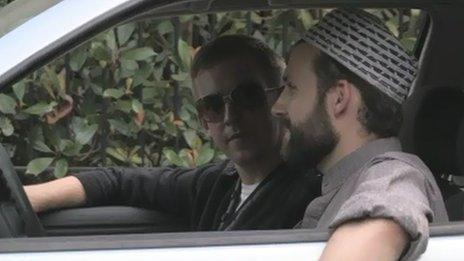Is it easier to get a job if you're Adam or Mohamed?
- Published
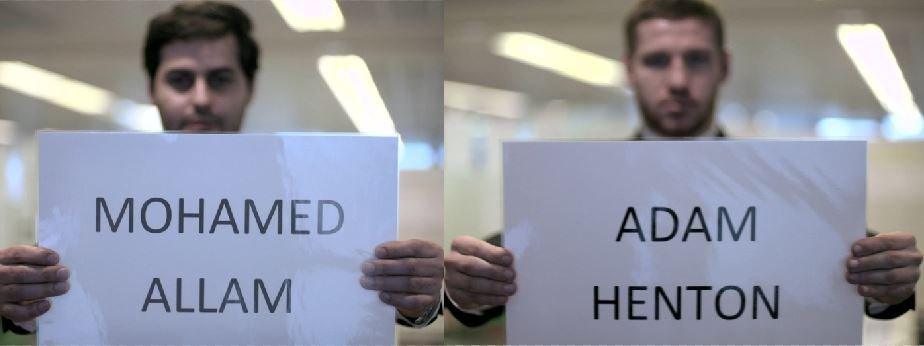
The two CVs sent out detailed the same level of qualifications and experience
A job seeker with an English-sounding name was offered three times the number of interviews than an applicant with a Muslim name, a BBC test found.
Inside Out London sent CVs from two candidates, "Adam" and "Mohamed", who had identical skills and experience, in response to 100 job opportunities.
Adam was offered 12 interviews, while Mohamed was offered four.
Although the results were based on a small sample size, they tally with the findings of previous academic studies.
These have found British Muslims are less proportionately represented in managerial and professional occupations than any other religious group.
'Significant discrimination'
The fake candidates applied for 100 jobs as business managers in the competitive field of advertising sales in London.
After two and a half months, Adam was offered three times more interviews than Mohamed.
The two CVs were also uploaded to four job sites. Adam was contacted by four recruiters, but Mohamed only two.
Does having a Muslim name make it harder to get a job?
Prof Tariq Modood from the University of Bristol analysed the BBC's findings.
He said: "What we've identified very clearly is that the Muslim-sounding person's CV is only likely to get an interview in one out of three cases.
"I thought the response rate would be less than 50 per cent [for the Muslim-sounding name] so it's worse than I thought, especially in a city like London.
"It's so diverse, people coming in and out of the city, from different parts of the world, looking for work, a city very hungry for talent. Yes, it's worse than I thought."

'I used the name John Smith'
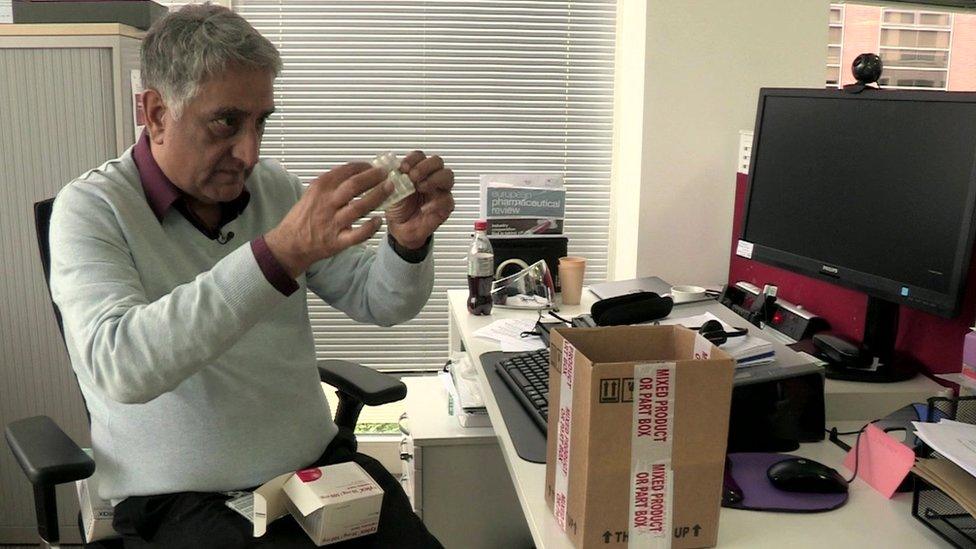
Yogesh Khrishna Davé suspects he was overlooked for jobs because of his name
Yogesh Khrishna Davé, 56, is the director for quality at a pharmaceutical company in Slough. It has taken him decades to reach this senior role.
During the journey up the ladder he suspected he was being consistently overlooked for jobs because of his name. So he secretly carried out his own experiment.
"I entered the job market in the 80s. I put my CV in and it was disappointing. I got rejection letters.
"Someone suggested: 'Why don't you put a very English name on your CV [as well as sending one in your own name]... and see who they might offer the job to?' So I had my name, Yogesh, and John Smith. John Smith got the interview. I got rejected for the interview."

Muslim men are 76% less likely to be employed than their white Christian counterparts, according to research by the Research Centre for the Study of Ethnicity and Citizenship at the University of Bristol.
The last census in 2011 showed Muslims make up just over 1 million of the capital's 8.2 million inhabitants. But more than half of Muslim households are in poverty, higher than any other social group, according to the Muslim Council of Britain, external.
Prof Modood recalled how he was asked to use a different name at work when he was younger.
"I had a student job where the employer looked at my name and said 'Oh, that won't do, introduce yourself as Terry Miles' or something like that. I was very unhappy to do so.
"I wouldn't willingly change my name, and I've given my daughters Pakistani or Muslim names, even when I thought: 'Might this hurt their chances when they look for work?'"
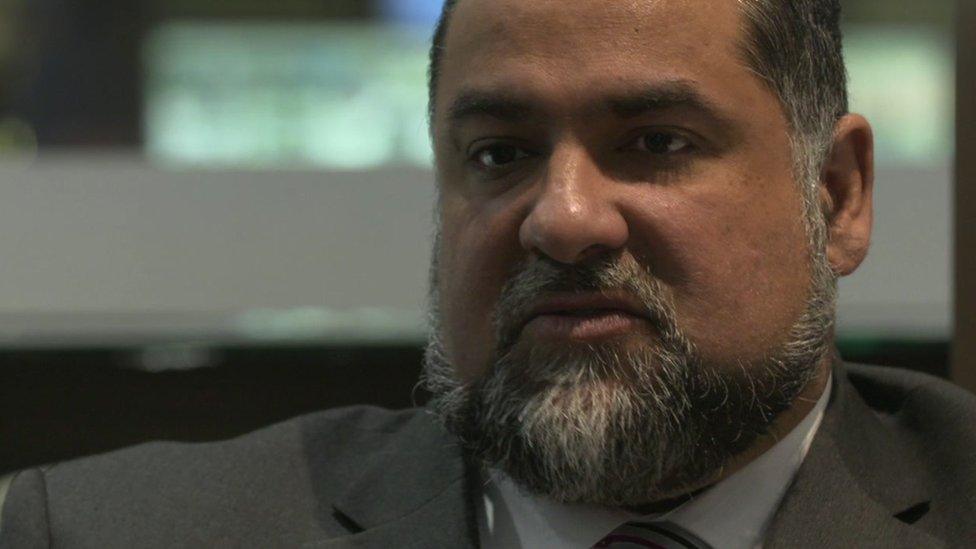
Unemployed chartered surveyor Khalil Ur Rahman believes his skills are not the problem
Previous studies have shown an employment bias.
A field experiment, external for the Department for Work and Pensions in 2009 found ethnic minority applicants were discriminated against in favour of white applicants in 29% of cases.
In 2015, a report, external by the charity Demos found British Muslims were less proportionately represented in managerial and professional occupations than any other religious group.
Khalil Ur Rahman, an unemployed chartered surveyor, said: "I'm in between jobs at the moment. It's quite clear that it's not my qualifications or skill set that is the issue. It is my religion.
"I have seen many people who are less skilled than me but have risen up into more senior management positions, much faster and much quicker because their face fits."
He has taken legal action over what he sees as discrimination.

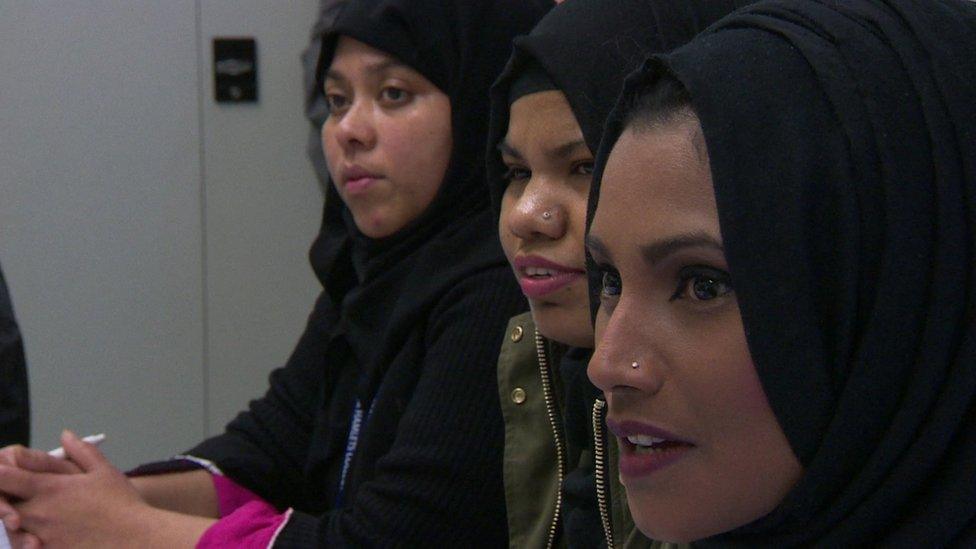
It is against the Equality Act 2010, external to discriminate against anyone at work because of religion, belief or a lack of religion or belief

Barrister Nabila Mallick represents Muslims taking this kind of action against employers.
She said: "There's a perception of Muslim employees being considered disloyal, considered to be political, their appearances sometimes are read as them being fundamentalist.
"And it's leading to a significant number of Muslim employees being discriminated against."
She believes prejudice against Muslims in the job market has escalated dramatically in the past 15 years and is prone to fluctuation depending on world events.
President Donald Trump's executive order barring migrants and refugees from several Muslim countries is the latest example, she said.
Miss Mallick said: "I have no doubt there will be managers who will feel encouraged to discriminate in the recruitment of Muslims and to either continue with a policy or implement policies that discriminate against employees' right to pray in the workplace."
In 2015, then prime minister David Cameron announced, external that Ucas, the UK's university admissions service, would use "name-blind" applications from 2017, meaning applicants' names would be removed.
He said the same would apply for graduate, apprentice-level and some other applications for organisations including the civil service, BBC, NHS, local government, KPMG and HSBC.
While in November 2015 the civil service introduced name-blind applications for all roles below senior civil service level, Ucas has not yet introduced them. But some trials, external will take place as part of this year's enrolment.
Jonny Gifford from the Chartered Institute of Personnel and Development said name-blind recruitment was a "really obvious thing for all employers to be doing where possible".
He added: "It's clear it makes a difference to the numbers of people from minority groups, in particular for ethnic minorities, who get a chance of getting an interview.
"It's also a really easy thing to implement. There's no real reason to not be doing this."
Watch the full report on Inside Out London on BBC One in London at 19:30 on Monday or via the BBC iPlayer for seven days after the initial broadcast.
- Published19 January 2017
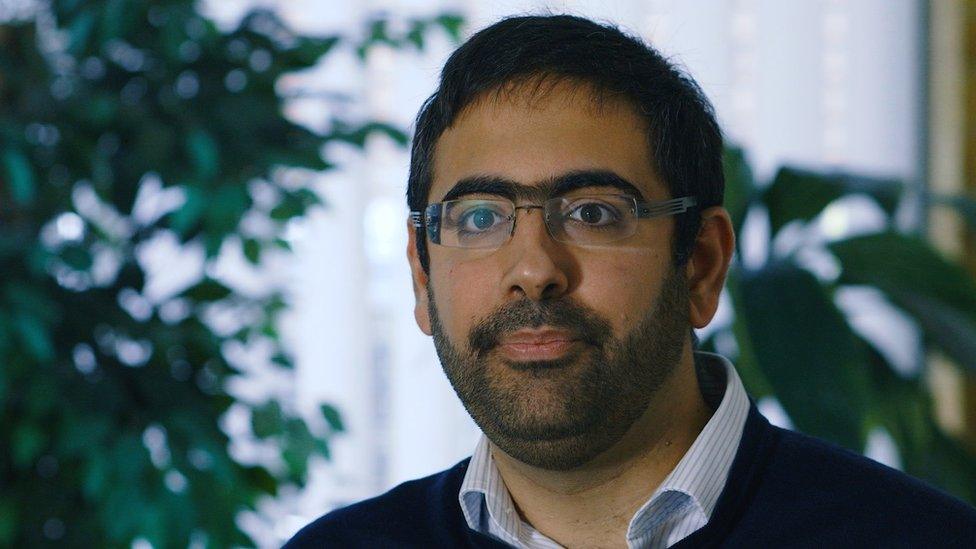
- Published11 August 2016
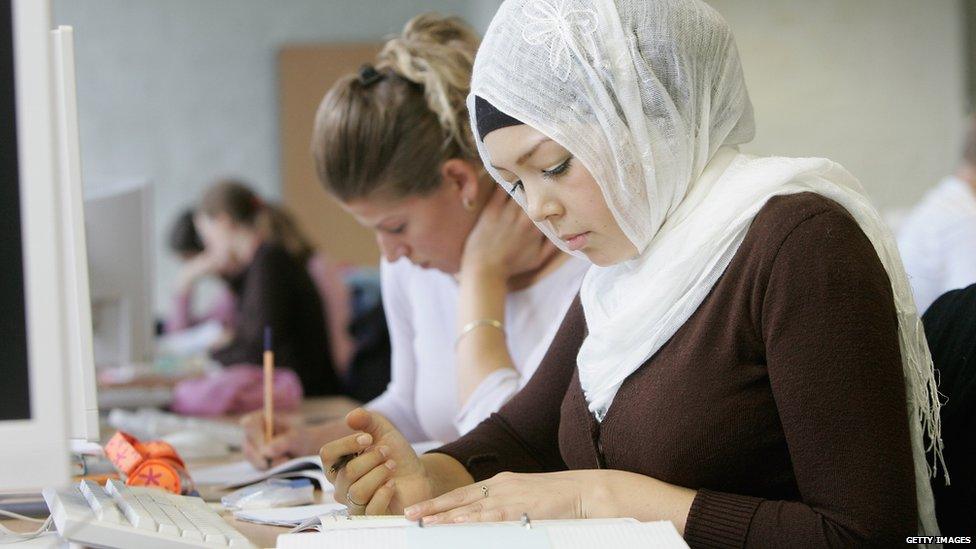
- Published11 August 2016
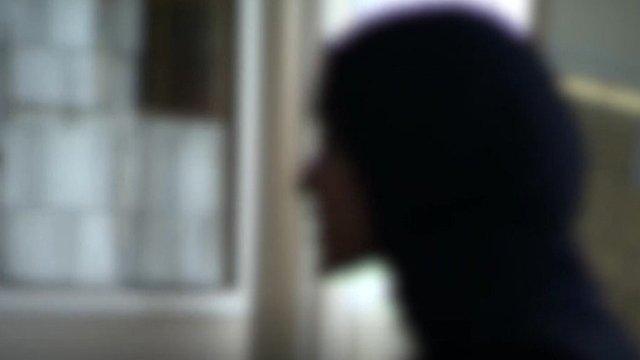
- Published26 October 2015

- Published28 October 2013
